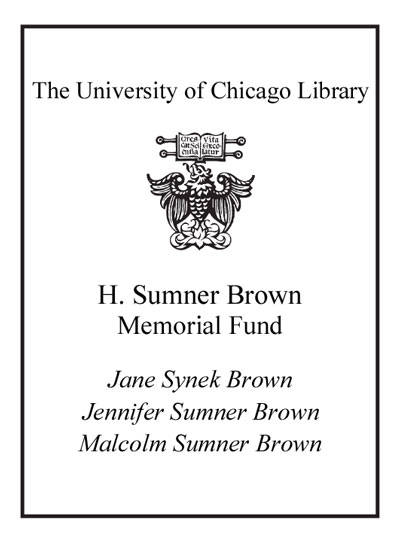Review by Publisher's Weekly Review
The days of English as the all-conquering international language of science, commerce, and hip-hop are numbered, according to this dense philological treatise. Linguist Ostler (Ad Infinitum: A Biography of Latin) recaps the rise and fall of lingua francas past-from ancient Sanskrit and Latin to French in the 19th century-to glean insights into how such languages spread-by military conquest, trade, and missionary work- then shrivel when the originating country loses prestige and power. He concludes from this retrospective that English will recede (though not die), and that no new lingua franca will supplant it-sorry, Esperanto speakers!-because translation software will let everyone communicate directly without learning a common language. Ostler uses English's fate mainly as a peg to hang a rather technical comparative study in which pedestrian generalities emerge from a thicket of historical minutiae. The interested layman will find the book readable, but the level of arcane detail about unfamiliar languages ("the characteristic ezafe construction of Persian noun-phrases, which appends all dependents to the head noun with a linking -i-or-e-, is copied in Chagatay Turkic") may put off the casual reader. 10 b&w illus.; 3 maps. (Dec.) (c) Copyright PWxyz, LLC. All rights reserved.
(c) Copyright PWxyz, LLC. All rights reserved
Review by Kirkus Book Review
A bracing history of lingua francas and their dynamic variation, with a focus on the perfect wave that International English is ridingtoward a wipeout, predicts Foundation for Endangered Languages founder Ostler (Ad Infinitum: A Biography of Latin, 2007, etc.).Will English be "the last lingua franca," exempt from the processes of "ruin, relegation, and resignation" that wasted such precursors as Akkadian, Aramaic, Greek, Persian, Sanskrit and Latin? David Crystal (English as a Global Language) and David Graddol (The Future of English) thought so, and Ostler agreesbut with a subversive twist. English's days as the international bridge language for business, diplomacy, science, technology, education and entertainment are numbered, but its hegemonic place won't be taken by another language, he writes. The same trend of technological innovation that spurred the triumphal expansion of English will unseat it. Continuing advances in machine translation and real-time speech-to-speech translation between any two languages will end the world's need for one privileged interlingual language. In the ensuing egalitarian era of Babel, English will shrink back to its mother-tongue hinterland, freeing billions from ESL drudgery. Techno-utopian speculations aside, most of the matter in this book was prefigured in Ostler'sEmpires of the Word (2005), which ranged across all imperial languages, both lingua francas and not (like Egyptian and Chinese). Sections on the meteoric rise and coming flame-out of International English bracket a middle section drilling down into past lingua francas, with two meaty and occasionally pedantic chapters dedicated to Persian. The author employs the same exuberantly comparative approach asEmpiresand recycles, sometimes verbatim, many of its arguments, parallels, anecdotes and paleographic examples. Ostler reproduces the latter in their original scripts, together with transliterations and translations. His aim is not pedantic but to pique general readers' code-cracking interest.Ostler does not assume specialist knowledge, but he does assume that his readers share his gargantuan and voluptuary appetite for words, languages and history.]] Copyright Kirkus Reviews, used with permission.
Copyright (c) Kirkus Reviews, used with permission.
Review by Publisher's Weekly Review
Review by Kirkus Book Review

